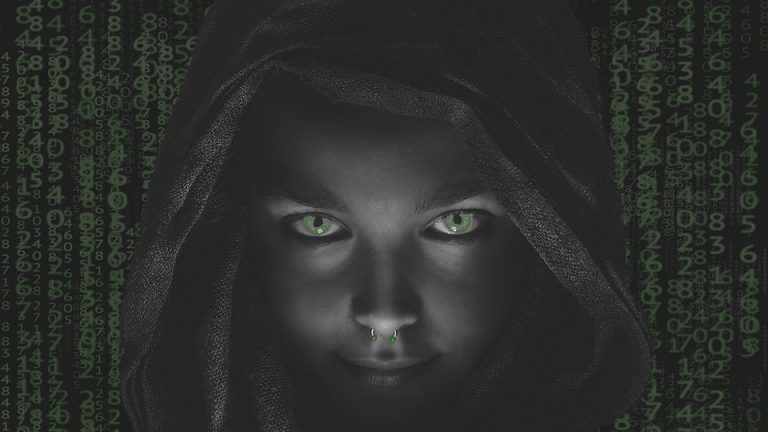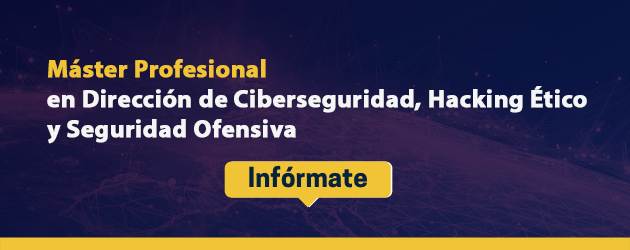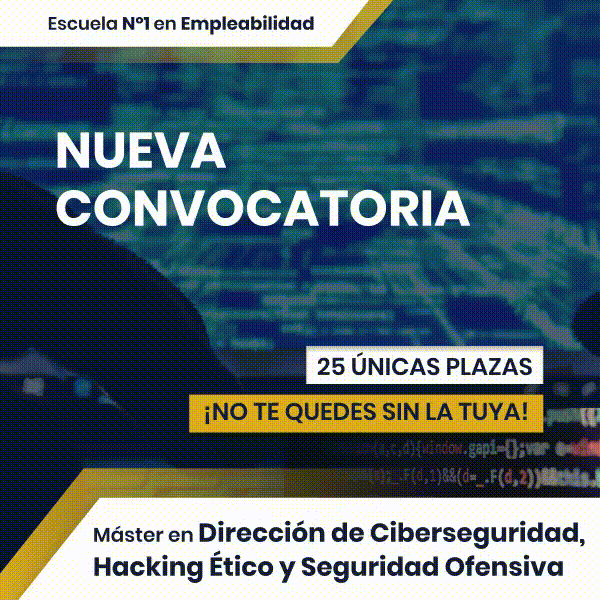What is the Dark Web?
The Dark Web is increasingly talked about in the media and is almost always related to criminal activities.
From this blog we want to explain in a simple way what exactly the Dark Web is.
To understand what the Dark Web is, you have to understand the difference between these 4 concepts:
Clearnet: is the Internet as all users know it. They are the pages indexed by search engines, that is, the pages that we can find on Google and other search engines and which we can access directly from any of these search engines or if you enter the web address in the bar of your browser.
Deep web: Approximately 90% of the network is not accessible through browsers. That is a part of the so-called Deep Web, which encompasses all information not publicly available. They can be conventional web pages protected with a paywall, but they can also be emails stored on servers, files saved in private Google Drive, Dropbox accounts, etc.
dark web: If the Deep Web is 90% of the Internet, the Dark Web would only occupy 0.1% of it. The Dark Web is a minimal part of the Internet, intentionally hidden from search engines, with masked IP addresses and accessible only through a special web browser. The Dark Web is the content that you can find on the different Darknets
Darknet: The so-called Darknets are each of the networks that can only be accessed with a specific program (browser). The best known darknet is TOR, but there are also others such as Freenet, I2P or ZeroNet.
Demystifying the DarkWeb
We consider it important to clarify from here that the Dark Web is not bad by definition.
It is true that some cybercriminals and common criminals take advantage of this difficulty when finding content and perceive a false sense of security to try to commit crimes.
However, the Dark Web is often used in countries under dictatorial regimes that restrict their citizens' freedom of expression and access to information. Many other people use it for legitimate purposes such as: hiding their IP address to protect their privacy, hiding data related to their equipment or even to hide their browsing data, such as their fingerprint when browsing the conventional Internet, because They are being persecuted for their political ideas in dictatorial countries, by a criminal organization or for any other legitimate cause.
Would you like to know how to access it? If so, write a comment and we will publish an article about it.
Author: María José Peña. IT Project Director. Director of the Master in Cybersecurity Management, Ethical Hacking and Offensive Security at the EIP. Passionate about Cybersecurity

































